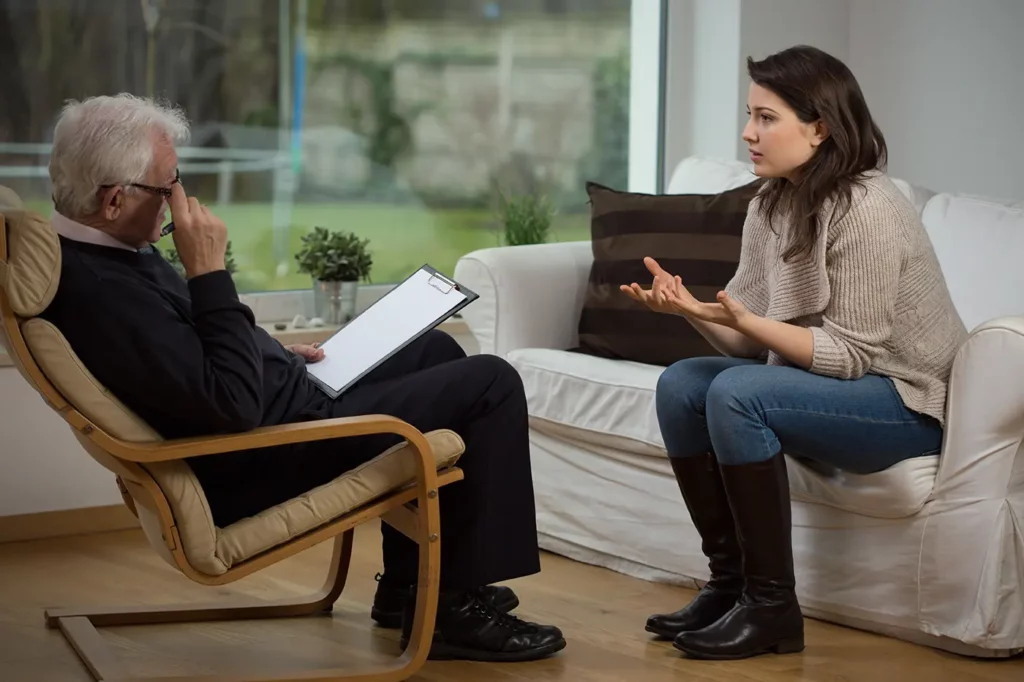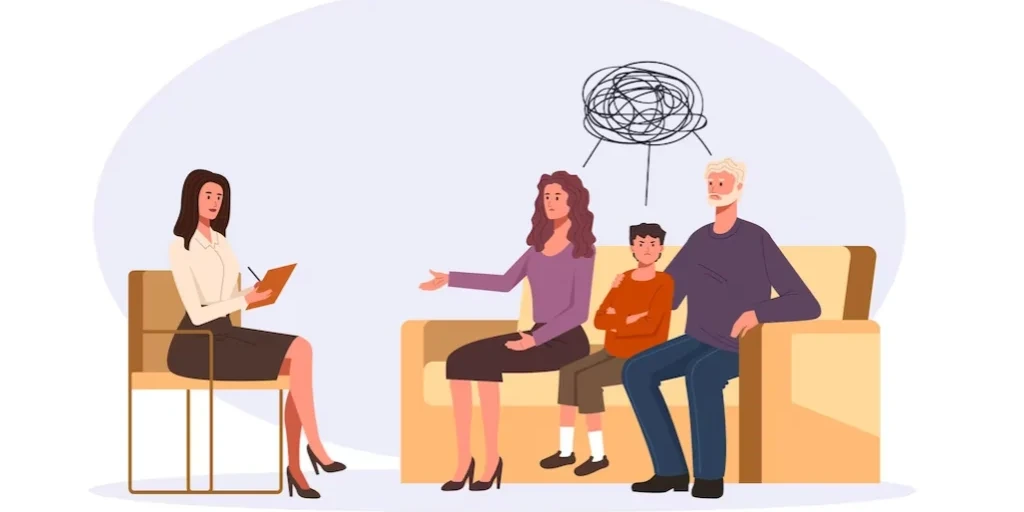24/7 Helpline:
(866) 899-221924/7 Helpline:
(866) 899-2219
Learn more about Klonopin Rehab centers in Albemarle County
Klonopin Rehab in Other Counties

Other Insurance Options

Absolute Total Care

PHCS Network

Aetna

MVP Healthcare

Self-pay options

Regence

American Behavioral

Lucent

Medical Mutual of Ohio

Magellan

Optum

Anthem

CareFirst

Humana

BlueShield

UMR

Multiplan

Group Health Incorporated

ComPsych

Magellan Health


























































































































Region Ten Community Services Board – Crozet
Region Ten Community Services Board is a non-profit rehab located in Crozet, VA. Region Ten Communit...







































































